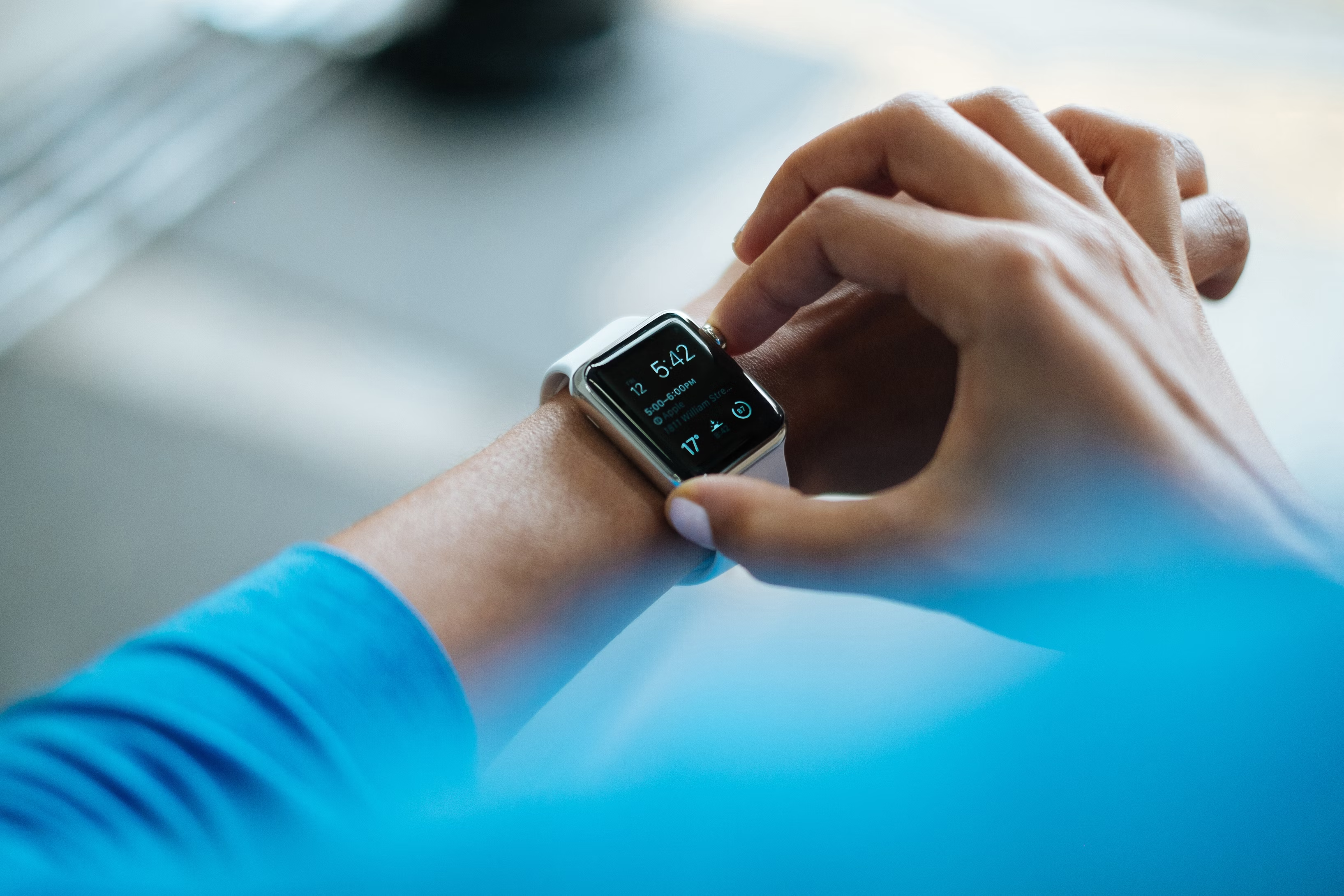Wearable technologyis now a key component of an athlete’s arsenal, but its popularity among the general public shows that it can be useful in many more settings—including driver safety. In one study, researchers found that 12% of vehicle crashes and 10% of near-crashes are caused by fatigue. Yet drivers often don’t know the extent to which fatigue can affect their performance, and they may think they can soldier on despite their tiredness. Wearable tech can help alert them of signs that they should either rest or ask someone else to drive. Devices such as fitness watches monitor a myriad of vital signs, including the driver’s heart rate and blood pressure.
Wearable Tech Is an Accurate Predictor of Fatigue
In one study, participants wore a small device called a VitalPatch, which monitored these vital signs as well as their heart rate variability and respiratory rate. Participants then reported their perceptions of sleep quality and fatigue. Findings showed that the device was able to accurately tell when wearers were fatigued and when they experienced disrupted sleep. Information obtained regarding body temperature, sleep quality, and heart rate variability can all be signs that a driver can benefit from investing time in practices such as mindfulness, breathing, and sleep training.
Wearable Tech and Stress
It is no wonder that race car drivers and other professional drivers wear tech that measures their vital signs as a matter of course. While it is true that sports vehicles have reliable tech that keeps drivers safe, this technology is by no means foolproof, especially when a driver is not at their best owing to stress. Although vehicles may have features such as blind-spot monitors and automatic braking, reaction times are everything when it comes to staying safe on the road… and these can be significantly affected by stress. Research shows that stress can cause drivers to become distracted, reduce their awareness of hazards, and up their chances of having an accident. By measuring heart rate and heart rate variability, wearable devices can detect the presence of unhealthy levels of stress.
Emergency Aid
Some wearables come with a panic button, which drivers can press if they have an accident and require emergency help. This button alerts one’s family and shares one’s real-time, live GPS location. Alerts are sent via SMS push notifications, and e-mail. Some wearable devices contain automatic fall-detection features. These have audible and tactile alarms, and they display alerts to check if the wearer is well. In the event of a fall, the device automatically calls your emergency contacts. Just a few smartwatches with this functionality are the Apple Watch, Samsung Active and Galaxy Watch, and Garmin Smartwatches.
Wearable tech can measure a host of vital information, including heart rate, heart rate variability, and blood pressure. The information it provides can be a key aid for drivers wishing to stay safe. Modern smartwatches are as fashionable as they are practical, with handy features such as automatic fall detention helping drivers feel more confident when they get behind the wheel.



